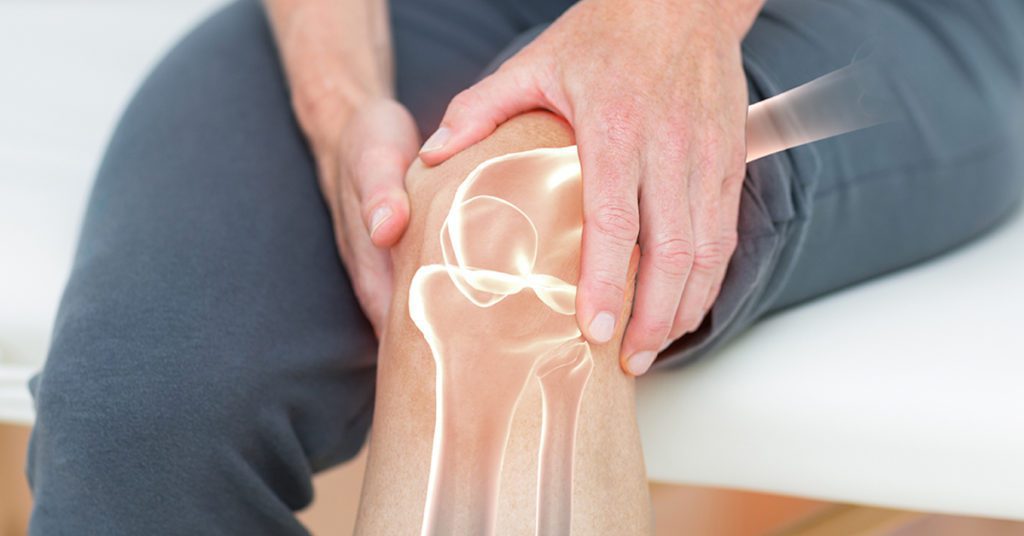When Should I Get a Knee MRI?
Have you experienced a recent knee injury that has made it difficult to stand, walk or run normally? Do you have chronic knee pain during regular activities? Do you frequently notice swelling around your knee joint? If so, it may be time for an MRI of the knee.
This simple, painless imaging scan allows a radiologist to get a clear, comprehensive view of your knee and all the internal structures. The crisp and clear images of your knee joint provide diagnostic information that helps your doctor pinpoint the source of your pain and determine an appropriate treatment to provide much-needed relief. As a result, you can get back on your feet and back to life.
Common reasons for a knee MRI
When you experience knee pain as the result of an acute injury, the American Academy of Orthopaedic Surgeons says that the RICE method—rest, ice, compression and elevation—may be an effective initial treatment for the injured knee. In addition, your doctor may order a knee MRI if the pain lasts longer than a couple of days or results from a structural injury caused by a traumatic event.
Other common reasons for ordering a knee MRI include:
- Chronic knee pain from arthritis-related damage
- Feeling that the knee is giving away
- Frequent or acute knee pain
- Pain in the knee after surgery that doesn’t subside over time
- Reduced range of motion
- Sprains or torn cartilage, ligaments or tendons
- Sudden trauma to the knee that impacts regular activities, such as standing, walking or running
- Swelling or puffy appearance around the knee joint that doesn’t recede normally
What to expect during your knee MRI
An MRI of the knee takes a little bit longer than a traditional X-ray. In most cases, the study takes approximately 15–20 minutes.
During the MRI scan, you lie still on a padded table. The table then moves slowly into the MRI machine. The MRI uses strong magnets and radio waves to produce clear three-dimensional images of all the internal structures of the knee. In rare cases, a special contrast agent may give the radiologist an even clearer view of the knee for more accurate diagnosis.
MRI results
The knee MRI gives the radiologist a unique view of the structure’s bone, cartilage, muscle, tendons and ligaments. These images are assessed to diagnose an injury or identify a medical condition. Knee MRIs are commonly used to diagnose issues like torn anterior cruciate ligaments (ACL) and other ligament damage in the knee, to assess cartilage damage and to visualize tumors and infection.
A fellowship-trained, subspecialty radiologist at Touchstone Medical Imaging reviews your images within hours of your scan and reports the results to your doctor. Your doctor then uses this precise and reliable information to make treatment decisions and develop your care plan.
Are you experiencing knee pain? Take control of your health and talk with your doctor about scheduling a knee MRI today. Get started by finding the Touchstone Medical Imaging center nearest you.

